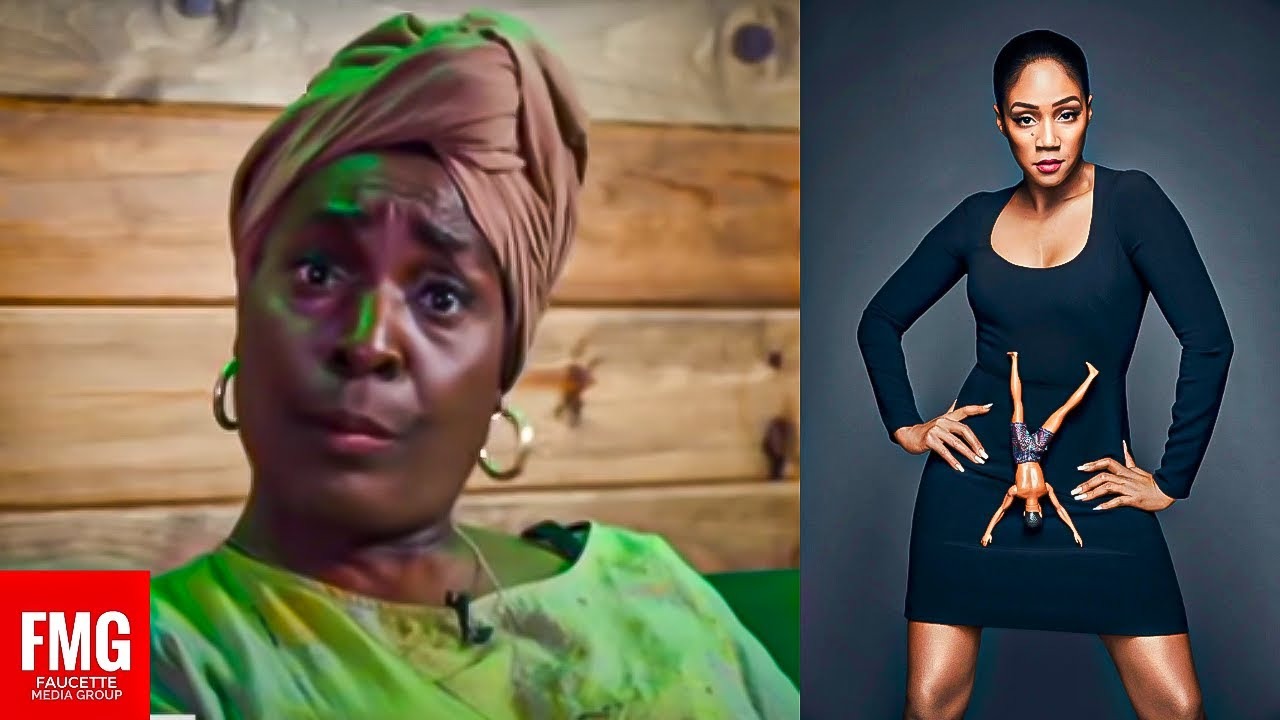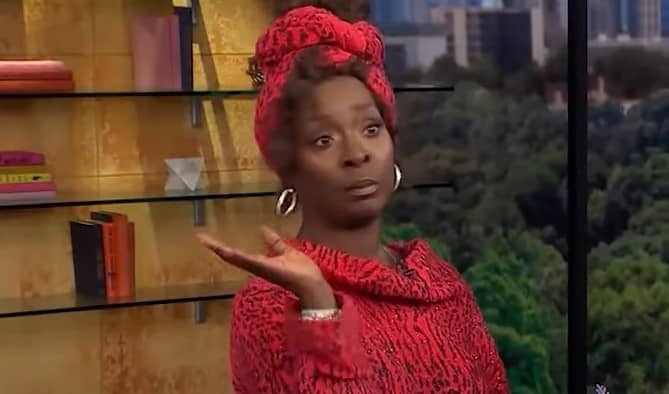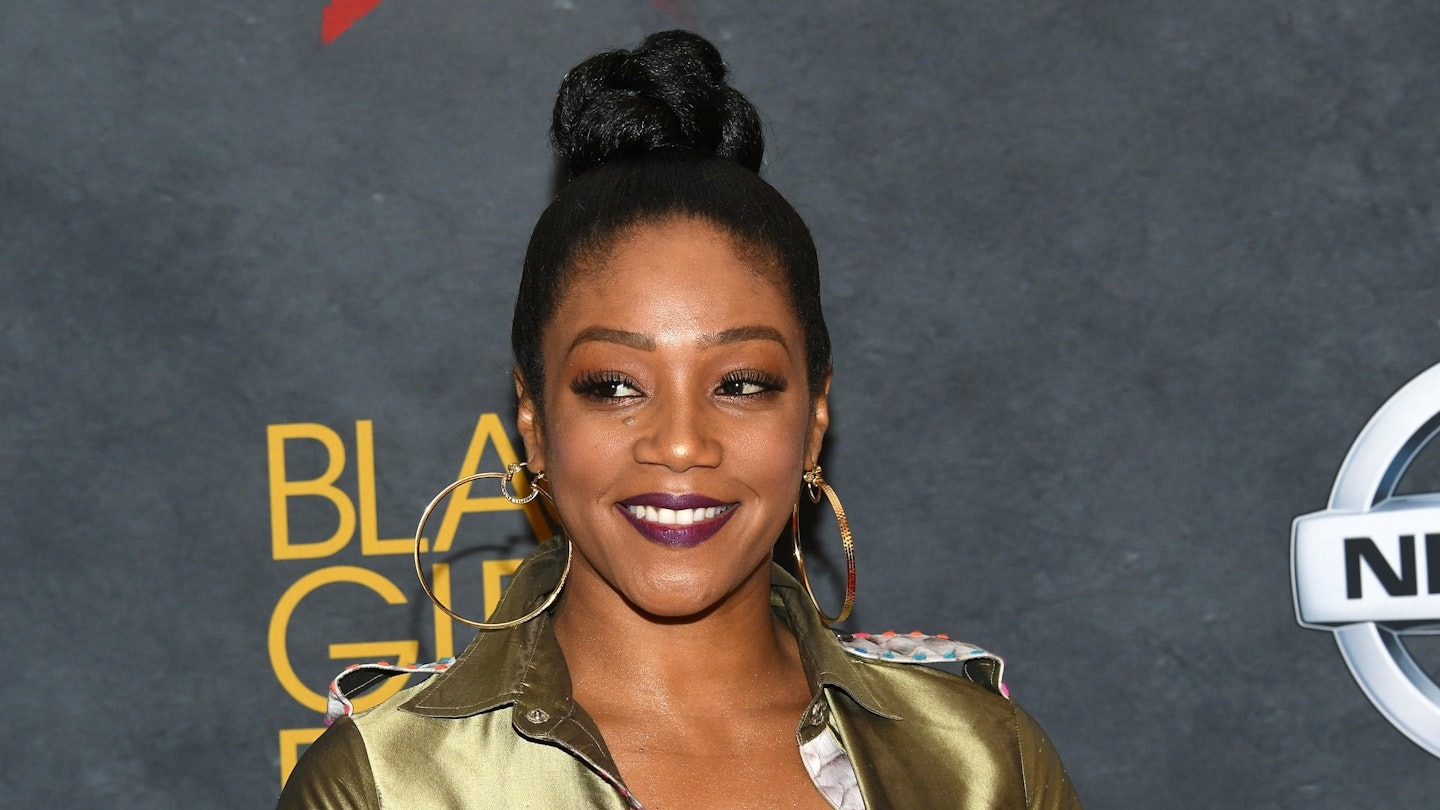# Phyllis Yvonne Stickney Gets Honest About Tiffany Haddish: “They” Know Who To Pick

In a candid discussion, actress and comedian Phyllis Yvonne Stickney shared her unfiltered thoughts on Tiffany Haddish and the broader dynamics of Hollywood, shedding light on the industry’s selective nature and the challenges Black artists face.
Stickney, a veteran with 40 years in the game, didn’t mince words when addressing Haddish’s rise, questioning the energy she represents and suggesting that her success is tied to deliberate choices by industry gatekeepers.

“They know who to pick,” Stickney asserted, implying that Hollywood strategically elevates certain personalities who align with its agenda, often sidelining others who don’t conform.
Stickney reflected on her own career, noting that opportunities often hinged on compromising personal values or “dancing differently.” She believes that being “too Black” or “too real” for Hollywood can limit one’s prospects, a sentiment echoed by a comedian she met who branded himself as “too Black for Hollywood.” She recommended reading *An Empire of Their Own: How the Jews Invented Hollywood* to understand the industry’s roots, emphasizing that it wasn’t created for marginalized groups.
According to Stickney, Black presence in Hollywood only emerged when so-called Blaxploitation films of the 1970s—like *Cleopatra Jones* and works starring Jim Brown—saved a financially struggling industry after audiences tired of big-budget Westerns and musicals. These films proved Black stories could draw ticket sales, prompting more production, though often under exploitative terms.
Turning to Haddish, Stickney questioned whether the comedian understands why she was “selected,” hinting at a grooming process tied to figures like Richard Pryor’s camp. She critiqued Haddish’s comedic style, particularly humor involving crude topics like flatulence, which Stickney finds disrespectful, especially for a female performer.

“I’m not going to be your favorite spook,” she declared, rejecting roles or behaviors that demean her dignity. Unlike her own path of perseverance—standing in the cold for a mere three minutes of stage time at iconic venues like The Improv—Stickney suggested some, perhaps including Haddish, play a different game, one involving compromises like the casting couch, which she herself refused.
Stickney also touched on broader industry patterns, noting how Hollywood often limits space for Black talent, allowing only “one Black comedian at a time” or a single leading Black male actor.
She referenced Jonathan Majors’ recent controversies, questioning the rapid vilification of Black men in media and linking it to a studio system that codes and controls who rises or falls. “They know who you are, what your vices are, before they give you the golden key,” she warned, describing a manipulative environment where compromising situations are orchestrated to keep talent in check.
Ultimately, Stickney values integrity over fame, proud to look herself in the mirror despite past mistakes. Her critique of Haddish isn’t just personal—it’s a lens on Hollywood’s systemic biases, where talent alone isn’t enough, and “they” decide who gets the spotlight.
For Stickney, resisting exploitation remains her legacy, even if it meant fewer roles. Her words challenge us to question who shapes narratives in entertainment and at what cost.

